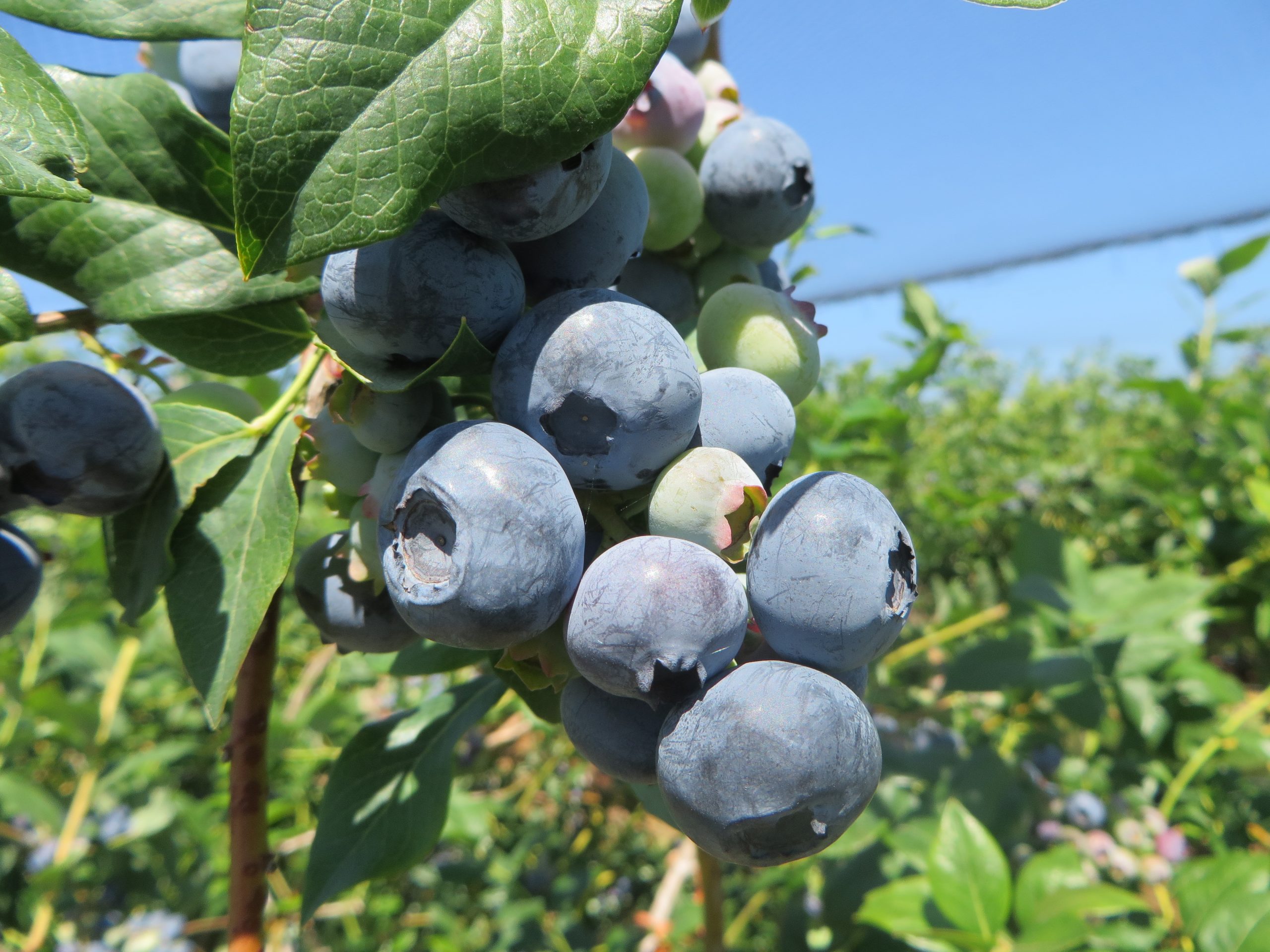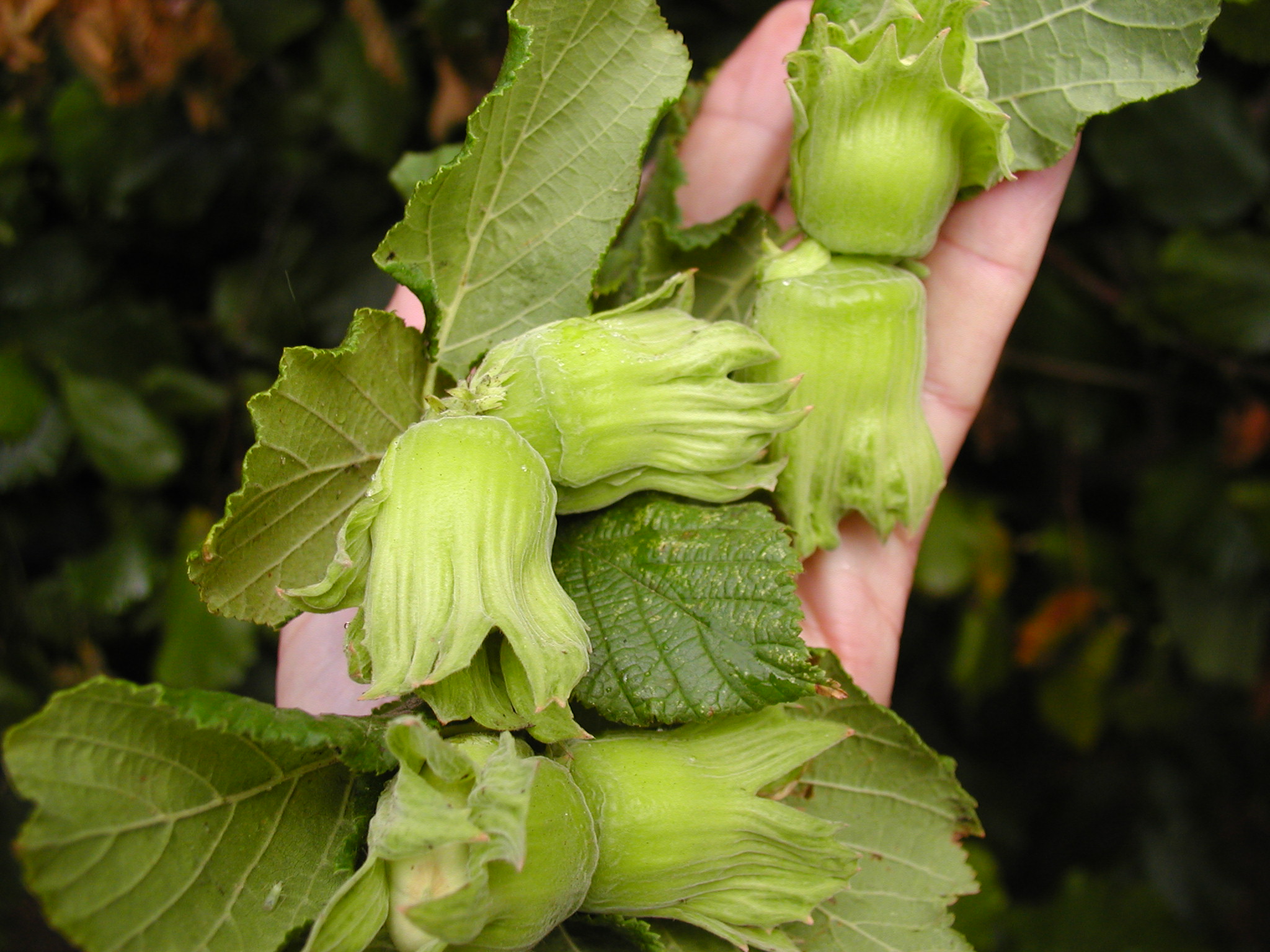


Delegate ® (Spinetoram) on Blueberries
The advent of Spotted Wing Drosophila (SWD) in 2009 upset the IPM system of many soft fruits where damage due to vinegar flies was previously not an issue. IR-4 had a previous request for Delegate which resulted in a registration for SWD on blueberries in 2008. This registration had a 3 day PHI which was not sufficient for late season control of SWD on high value berry crops. Subsequently Joe DeFrancesco from OSU requested a reduction in the PHI from 3 days to 1 day. A new project request for Delegate on Blueberries was submitted to IR-4 in 2013. IR-4 conducted new residue studies in 2014, and the data from these trials was submitted by Dow to the EPA which registered the new use in 2018.
Procure ® (Triflumazole) on Filberts
Eastern Filbert Blight (Anisogramma anomala) arrived in the Willamette Valley in the late 1980’s. OSU plant breeders immediately started a breeding program for long term genetic resistance to this devastating blight, but new fungicide solutions were necessary to maintain infected orchards. The orginal project request for triflumazole came into the IR-4 program in 2000 and Jay Pscheidt from OSU developed efficacy data in 2002-2005 to support the Procure ® registration. IR-4 residue studies started in Oregon in 2001, the EPA was petitioned in 2002 and the full registration was granted in 2006 with an actual crop label in 2007.
Mustang Maxx ® (Zeta-cypermethrin) on Cherries
A project request for Mustang Maxx has also been driven by Spotted Wing Drosophila to shorten the currently registered 14 day PHI to 3 days. The shorter PHI will allow better control of SWD prior to harvest. The residue trials for zeta-cyermethrin were conducted in 2018, and the use was submitted to EPA in 2020 with a pending registration in 2021.
